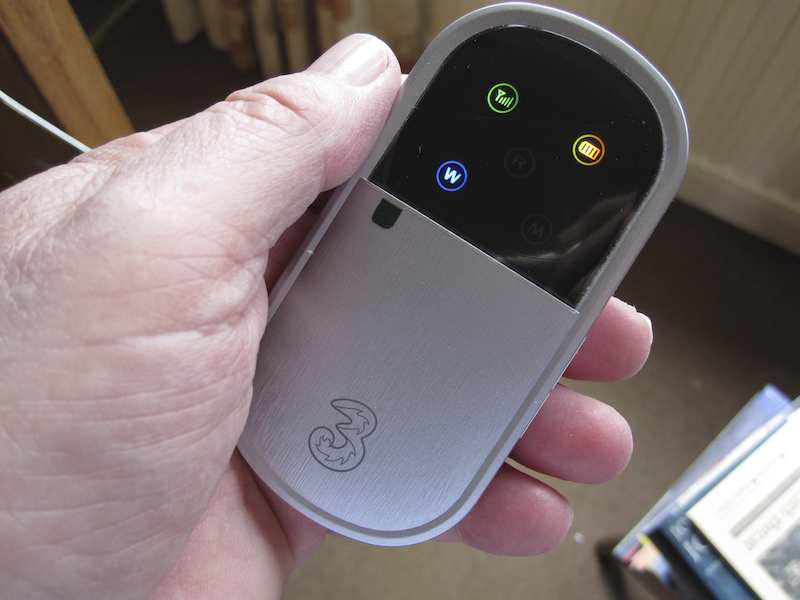Really useful explanation by Robert Love (an Android developer).
Apple says they do not support multitasking because it is a hamper to stability and a drain on battery life. That clearly isn’t true—the iPad has plenty of processing power and battery capacity. Rumor is that Apple is going to add multitasking in a future OS release. This rumor likely is true. Is Apple somehow going to make background applications not consume any battery? Of course not. These excuses are straw men.
The real reason that the iPad and iPhone do not allow third-party applications to multitask is likely more complex, more technical. Bear with me here. Both the iPad and iPhone, as mobile devices, have limited memory (256MB in the current incarnations) and no hard drive. No hard drive means no swap file. Limited memory and no swap imply that applications have a small, fixed amount of memory at their disposal. They don’t have the luxury of seemingly-infinite memory, as a modern system with swap has. Memory consumption is thus a critical system constraint. Like most systems, the iPad and iPhone deal with this by killing applications that use too much memory via a mechanism called the out of memory (OOM) killer. Unlike most systems, applications designed for the iPad and iPhone know how much memory they have at their disposal, and are designed to operate within those constraints. This is classic memory management in embedded programming. No swap, fixed memory, you deal.
What would happen if third-party applications could multitask? Some number of applications would be in the background. But each application was written presuming it had access to some fixed amount of memory. Thus, if the background applications consumed too much memory, the operating system would have to kill them. But the user would expect that he or she could switch back to an old application, and it would still be running where it was left. He or she certainly doesn’t expect applications to just die every time a new application is run, losing state and even data.
Simply put, the reason the iPad and iPhone do not support multitasking is because it is hard to allow multitasking in a system with no swap and a limited amount of memory. Apple could enable multitasking—indeed, there is no reason that the devices couldn’t support it right now, with a one or two line code change—but your applications would constantly be killed. That isn’t a very useful feature.
So how is Apple going to enable support for multitasking? Likely similar to how Android allows it…
He then goes on to outline how Android does it via its Bundles concept, which effectively enables apps to be stateless. A really informative post, and a good illustration of why the Web is wonderful.


